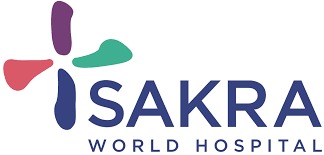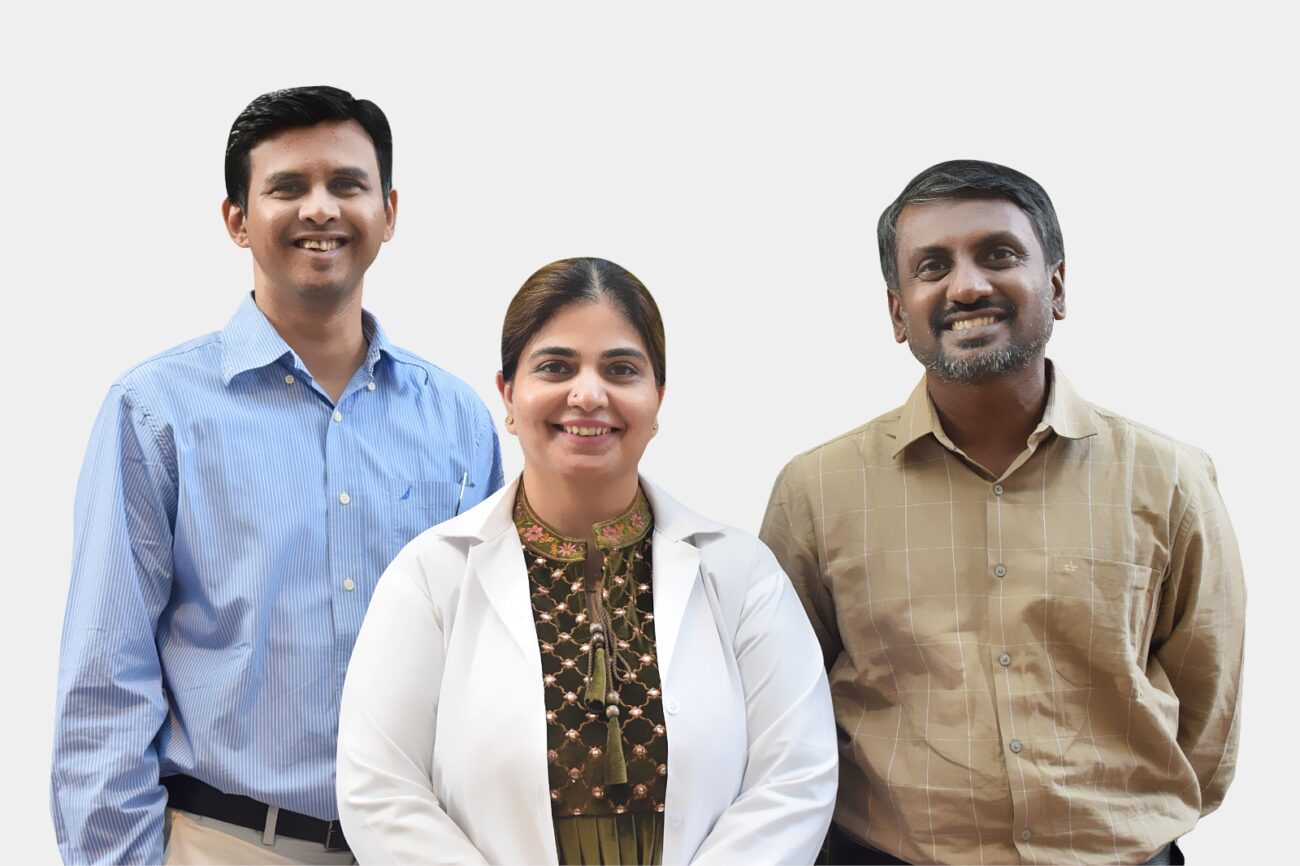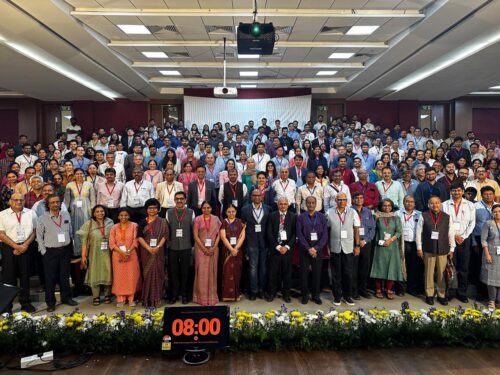Doctors at Sakra World Hospital save a preterm child weighing 1.8 kg suffering from biliary atresia, a rare liver disease.
Adrija (name changed) was born preterm at 35 weeks gestation, weighing about 1.8 kg. On day 7, she started passing pale-coloured stools and yellowish urine for which she was immediately evaluated. Liver function tests were

Adrija (name changed) was born preterm at 35 weeks gestation, weighing about 1.8 kg. On day 7, she started passing pale-coloured stools and yellowish urine for which she was immediately evaluated. Liver function tests were suggestive of jaundice, which is secondary to a block in the biliary system. Further investigations in the form of a USG abdomen and a HIDA (hepatobiliary iminodiacetic acid) scan revealed the possibility of having biliary atresia, a disorder in which the bile ducts outside and inside the liver are damaged or atretic in babies. Adrija was admitted to Sakra World Hospital, one of the city’s leading premier hospitals, for further investigation under the guidance of Dr. Anil Kumar Pura Lingegowda, Senior Consultant and HOD-Paediatric Surgery, Sakra World Hospital Bengaluru.
In the case of congenital biliary atresia, the bile cannot move into the intestine and thus accumulates in the liver and destroys it, resulting in scarring, loss of liver tissue, and functional cirrhosis. The initial sign of biliary atresia is jaundice, which is caused by a build-up of bile in the body. In the case of an infant, jaundice commonly develops, which is physiological. It disappears by 2 weeks of age while persistent jaundice beyond 2 weeks needs evaluation. Usually, infants with biliary atresia are present between the ages of 3 and 6.
Adrija, upon investigation using the Intra-OP Cholangiogram, a specialised X-ray method to find the patency of the bile ducts, was diagnosed to have poorly developed or atretic extrahepatic biliary ducts. The family was counselled about the findings, which required surgical procedures to cure Adrija.
Following a pre-anaesthetic examination and other preoperative investigations, Adrija underwent an extended KASAI portoenterostomy, a surgical procedure to treat congenital biliary atresia wherein the atretic extrahepatic bile ducts are removed and a new connection is made between the liver and intestine using a loop of her own small intestine. Following surgery, she was shifted to the NICU for post-operative monitoring. Adrija recovered steadily with supportive treatment under the guidance of Dr. Shivkumar Sambargi. Feeding was initiated at a low volume and progressed to full feeds, which she tolerated well. Then she passed yellow-coloured stools.
After an extended KASAI portoenterostomy, 30% of children do well in the post-operative period with no need for further intervention, while 30% do well in the initial period but later develop signs of liver failure for which a liver transplant is required, and 30% do not show any improvement post-surgery and deterioration is seen further in the liver.
Citing this theory as a point of observation and concern, Dr. Anil Kumar P. L., Senior Consultant and HOD-Paediatric Surgery at Sakra World Hospital, said that in view of persistent conjugated bilirubin, Adrija was evaluated and found to have biliary atresia. KASAI portoenterostomy is the major reconstructive surgery done in new born children for biliary atresia. The child in this case was premature and new born, weighing only 1.8 kg, which was very challenging for the anaesthesia team. Dr. Shishir Chandrashekhar and the team managed it very well. It is also a technically difficult surgery to do with success. We were able to achieve that without much suffering for her.
He continued, “We were pleased to report that Adrija responded well intraoperatively, postoperatively, and on follow-up. She is now passing normal-coloured faeces, and her bilirubin levels have progressed to normal levels. Even though it is a complex disease requiring major surgery, it is possible to operate on a small infant with good results in a place where expertise and facilities are available.”
Thanking the doctors at Sakra World Hospital, Deepa and her family said, “We thank Dr. Anil and the entire team at Sakra World Hospital from the bottom of our hearts. It was through their efforts and specialised monitoring that my daughter was saved. Their superior knowledge and rightful diagnosis of Adrija’s condition reflect their expertise in managing complicated cases such as ours. We are thankful to Sakra World Hospital for helping us financially and sailing through this tough period.”






